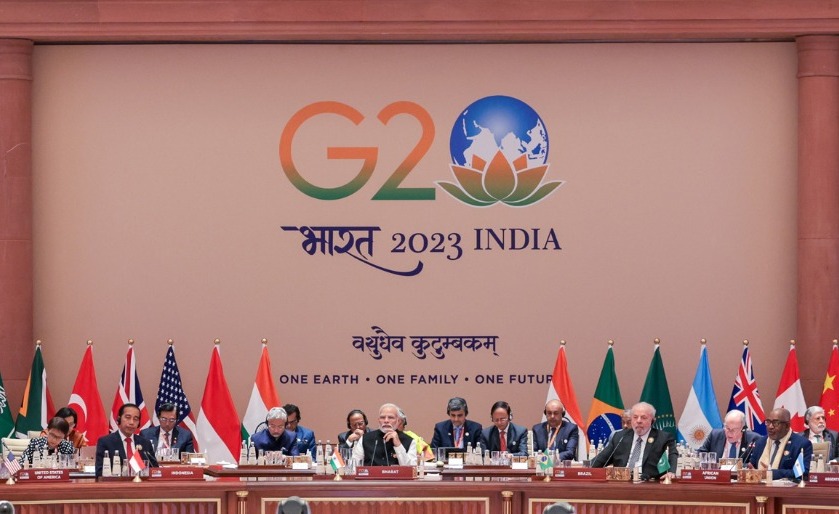The G20 Summit and the New Delhi Declaration emphasised the need for reform in multilateral development banks (MDBs). At the G20 Summit, on September 10, World Bank President Ajay Banga highlighted the potential of this declaration and said that the G20 Delhi Declaration would help bring about reforms and redefine the vision of the World Bank.
He added that the G20 declaration has many good parts to it, and selfishly, it has a great deal to do with the multilateral banks, which is good for me because it gives me the wind in my sails for me to keep pushing for reform.
The United States, in particular, is also keen on leveraging MDBs to counterbalance China’s overseas lending initiatives. Earlier, on the sidelines of the G20 Summit, US President Joe Biden held a bilateral meeting with Prime Minister Narendra Modi, and one of the key agenda items was the reform of the World Bank and other multilateral banks.
Multilateral Development Banks (MDBs) are international financial institutions with a mission to accelerate economic growth in underdeveloped and developing countries. They provide financial assistance across various sectors, such as infrastructure, healthcare, energy, and education, aiming to improve economic conditions.
In today’s complex global landscape, characterised by food, fuel, and fertiliser crises, geopolitical conflicts, and rising global inflation, MDBs possess the resources and backing of multiple nations to bridge the gap between developed and developing countries.
Why strengthening MDBs necessary?
MDBs have often faced criticism for having the influence of western nations, as they are responsible for the majority of the donations coming to them. In addition, they have also come under scrutiny for not having enough representation from the developing world and having a US- and European-centric approach.
Moreover, according to experts, the rules through which a country obtains financial assistance are very rigid and inflexible. These rules result in difficulties for borrowing nations, as every country has a different social and economic atmosphere. Further, institutes like the World Bank have often been criticised for giving financial assistance with the condition of implementing a “free market” economic policy.
Presently, the world is witnessing the emergence of new economic powers, particularly India and China, along with various Latin American and Asian countries. At the same time, due to globalisation and digitization, the global economy is interlinked like never before, and MDBs have to undergo major reforms to align themselves with this ongoing economic shift.














